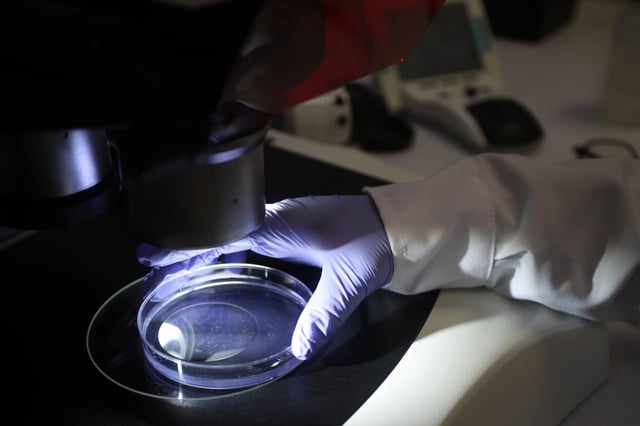Overview
- Stanford and Arc Institute researchers used Evo models trained on about two million phage genomes, printed 302 candidates, and verified 16 that replicated and lysed E. coli.
- The project targeted the small ΦX174 system (about 5,386 bases and 11 genes) and yielded working designs with novel mutations and gene arrangements not seen in nature.
- Reported measurements indicate several AI-designed phages outperformed natural ΦX174 in infectivity, with a top variant expanding 16–65× over six hours versus 1.3–4× for ΦX174.
- The team says human-infecting viruses were excluded from model training, yet biosecurity experts caution about potential misuse, and the findings remain under peer review.
- The workflow required extensive prompt engineering, guided inference, DNA synthesis, and lab testing; potential uses include phage therapy and crop protection, but scaling to larger genomes is still uncertain.



